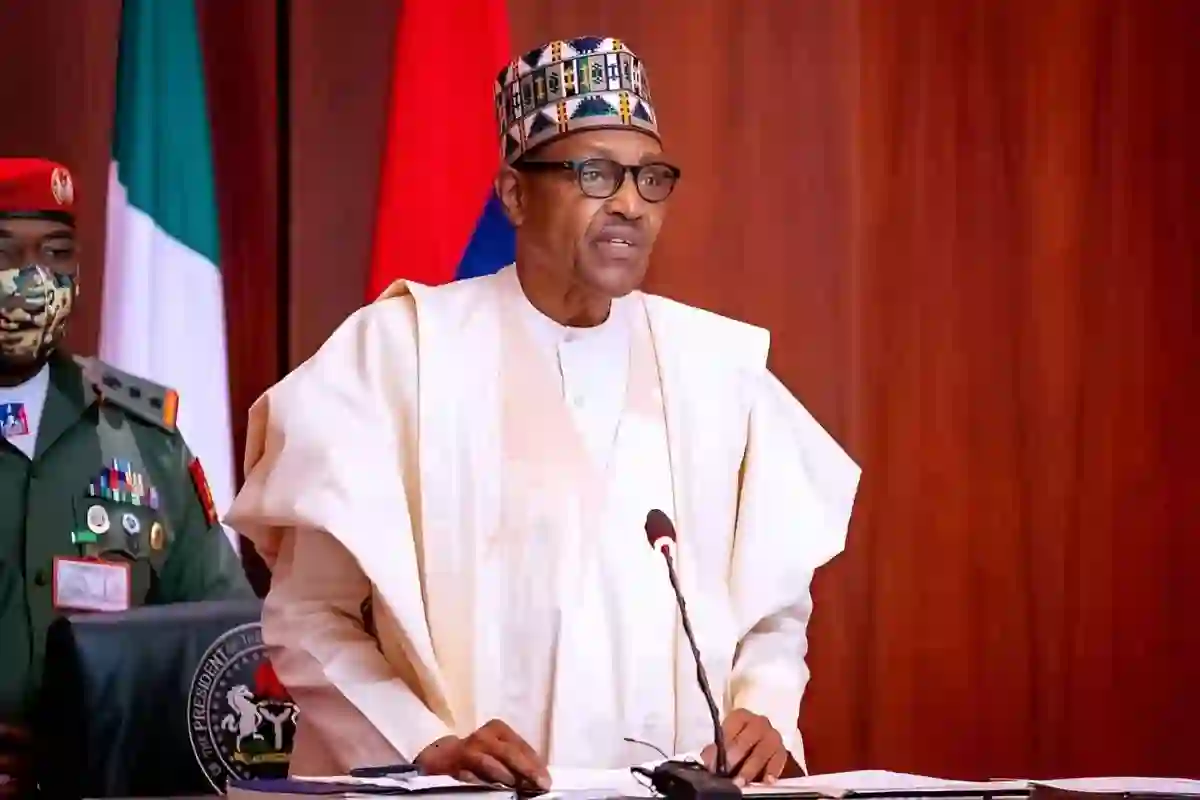As tributes pour in and flags fly at half-mast across Nigeria, the country is grappling with the loss of one of its most influential and controversial leaders.
Former President Muhammadu Buhari died on July 13, 2025, in London after a long illness.
His passing has prompted a week-long period of national mourning declared by current President Bola Tinubu.
Buhari’s death signals the end of a significant era in Nigerian politics, defined by his tough anti-corruption stance, military discipline, and deep influence over the country’s modern history.
From Daura to the Top of Nigeria’s Military Ranks
Born in December 1942 in the northern town of Daura, Katsina State, Buhari’s journey began with a deep commitment to military service.
He joined the Nigerian Military Training College in 1962, just two years after the nation gained independence from Britain.
His rise was meteoric. By 1983, he had seized the nation’s leadership through a military coup, overthrowing President Shehu Shagari.
As head of state, Buhari launched the “War Against Indiscipline,” a campaign aimed at reshaping Nigerian society with rigid laws and a zero-tolerance approach to corruption.
A Sudden Fall and an Unexpected Political Comeback
Buhari’s initial stint in power was short-lived.
In 1985, another military coup led by General Ibrahim Babangida removed him from office and placed him under house arrest.
But Buhari wasn’t finished. After years away from the spotlight, he made a surprising pivot to democratic politics.
Though he lost three consecutive presidential elections, he kept pushing—and in 2015, he finally secured the presidency by defeating then-incumbent Goodluck Jonathan in a historic election.
Battling Boko Haram and Economic Challenges as Civilian Leader
When Buhari took office, he vowed to focus on three major issues: corruption, security, and the economy.
His government scored early victories against the Boko Haram insurgency, particularly in Nigeria’s northeast, though new security challenges continued to arise.
On the economic front, Buhari’s administration struggled with repeated recessions and inflation, worsened by a global drop in oil prices.
Still, he pushed through key reforms—most notably the introduction of the Treasury Single Account, aimed at curbing government waste and improving transparency.
A Reputation Built on Integrity
To many Nigerians, Buhari represented honesty in a sea of political corruption.
His personal image of modesty and discipline appealed to those desperate for a leader who wasn’t in politics for personal gain.
That said, his administration wasn’t without controversy.
Critics pointed to human rights concerns, especially during the #EndSARS protests in 2020.
Others highlighted tensions between herders and farmers and argued that Buhari failed to diversify the economy adequately.
Corruption Fight or Political Weapon?
Buhari’s hallmark policy was his war on corruption—but not everyone saw it as fair.
Opposition leaders like Atiku Abubakar accused him of selectively prosecuting only his opponents while protecting allies.
Even prominent voices such as Bishop Matthew Kukah and legal expert Olisa Agbakoba criticized the campaign, suggesting it was more about political revenge than justice.
Transparency International and other groups echoed those concerns, claiming Buhari’s government often turned a blind eye to wrongdoing among its own ranks.
Quiet Final Days and the Journey Home
According to Bayo Onanuga, a spokesperson for the current presidency, Buhari had been quietly receiving medical care in London before his passing at the age of 82.
The nature of his illness hasn’t been revealed.
Vice-President Kashim Shettima will accompany Buhari’s remains back to Nigeria.
His final resting place will be in his hometown, Daura, with the burial scheduled for July 15, 2025.
A Complex Legacy That Will Spark Debate for Years
Whether viewed as a patriot who stood for discipline and integrity or a leader who didn’t fully deliver on bold promises, Buhari’s influence on Nigeria is undeniable.
As the nation reflects on his life, one question remains: How will future generations remember Muhammadu Buhari?
